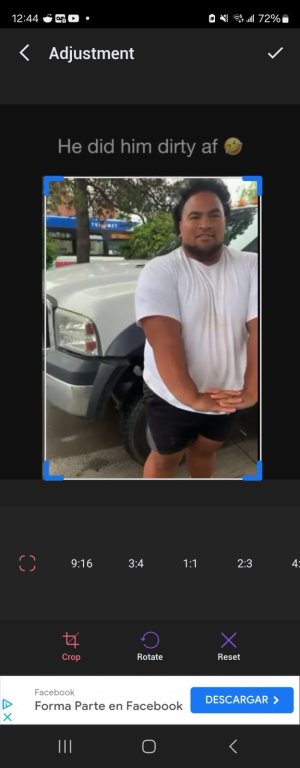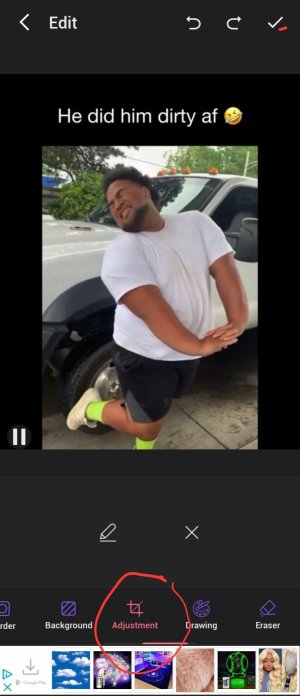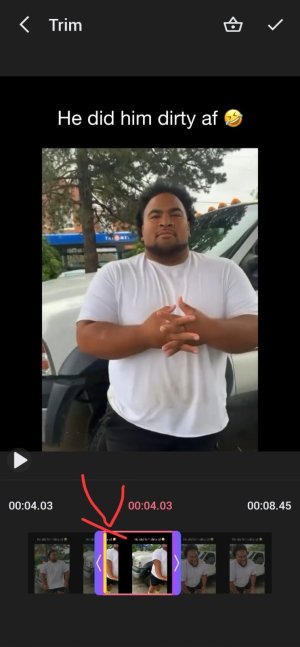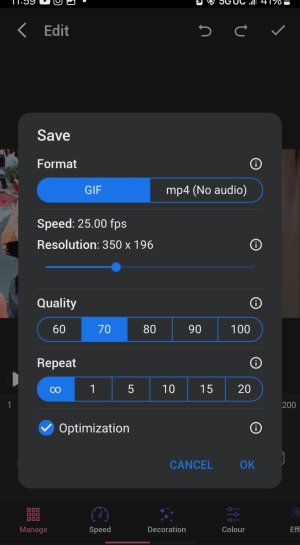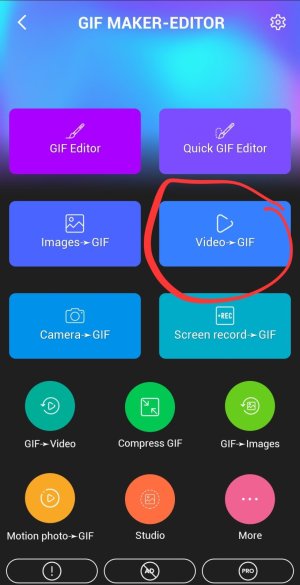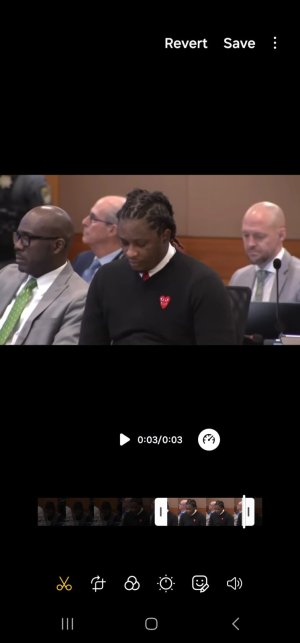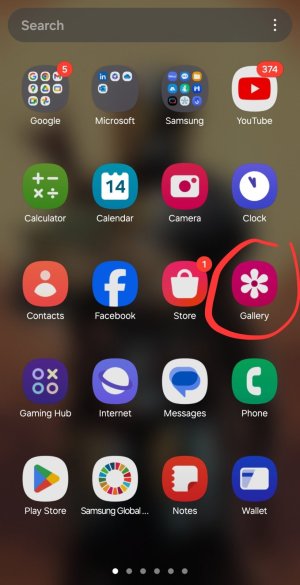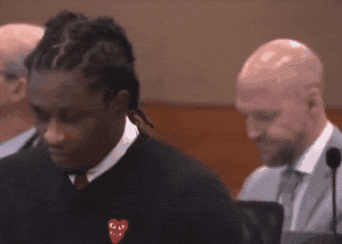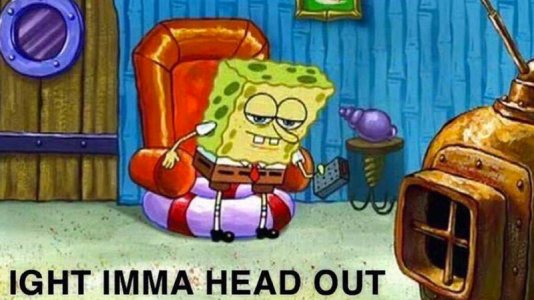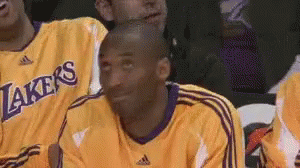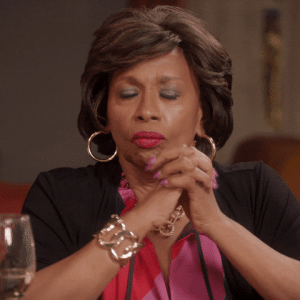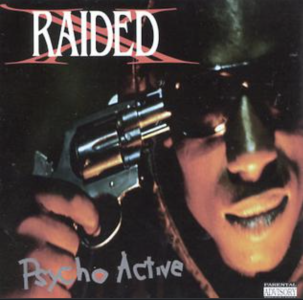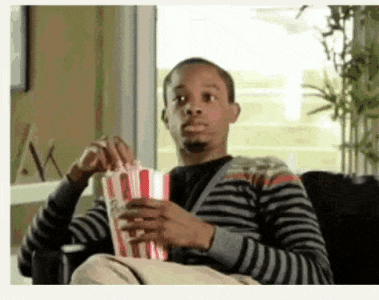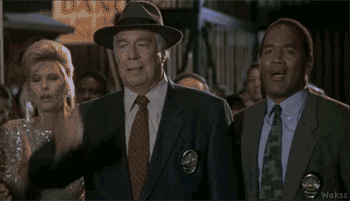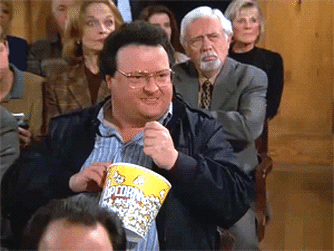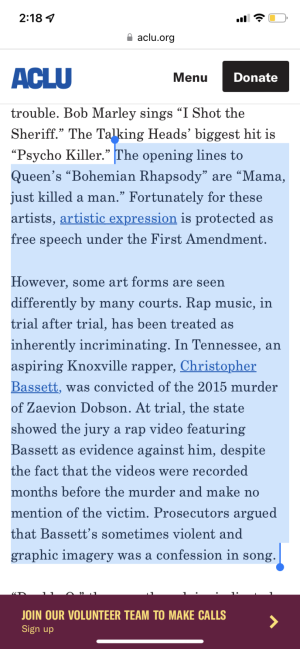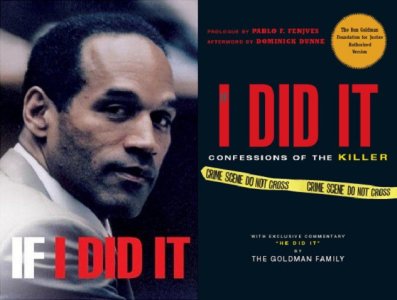New Jersey v. Skinner case. In 2014, the New Jersey Supreme Court decided the appeal of a man named Vonte Skinner. Skinner's rap lyrics were admitted at his trial for attempted murder and related charges. The defendant wrote the lyrics years before the shooting occurred. After hearing the lyrics, along with the other evidence against the defendant, the jury convicted him. An appellate court ruled that the lyrics were highly prejudicial and should not have been admitted; the State of New Jersey then appealed, but the state supreme court agreed that the verses never should have come into evidence.
Evidence of What?
In general, evidence of a criminal defendant's past bad actions cannot be introduced to show that he or she had a bad character and acted consistently with that bad character on a particular occasion (such as when the alleged crime occurred). This "character evidence" is acknowledged by the rules of evidence (such as
Rule 404 of the Federal Rules) as having a unique tendency to prejudice jurors against the defendant.
But, evidence that falls into the category of character evidence may be admitted for purposes other than to show that the defendant acted in accordance with the character trait. For example, the State of New Jersey argued that Defendant Skinner's rap lyrics showed motive and intent during the shooting for which he was on trial. The prosecutors offered evidence that Skinner acted as "muscle" for a drug dealer and shot the victim in order to enforce "street law." Some of Skinner's lyrics referred to violent street show-downs ("[he] wouldn't listen, so I hit him with the Smithen").
Some rap lyrics are clearly political speech (for example, The Coup's
"The Guillotine"). But even if Skinner's rhymes did not address political or public issues, they are expressions under the
First Amendment. Expression does not have to be political in nature to be protected by the First Amendment. Artistic expression has been deemed protected; indeed, it is the "expressive conduct" itself that is protected. But, political speech is entitled to special protection under First Amendment decisions, one that requires a "heightened scrutiny" of governmental restriction. Where the government uses a person's political expressions against him in a criminal trial, it may violate his freedom of expression (and likely chill similar expression by other individuals who learn of his fate).
Much of rap, even that which is not overtly political, has political undertones. The ACLU argued that Skinner's lyrics fall into this category and are entitled to the special protection afforded political speech. Given this special protection, the ACLU asserted, Skinner's lyrics shouldn't have been admitted. And while the First Amendment wasn't the basis for the New Jersey Supreme Court's decision in the Skinner case, the ACLU's point wasn't lost on the court.
It seems that rap is being viewed as an especially telling form of expression, unlike the murder ballads of everyone from Dolly Parton to the Grateful Dead. For example, imagine the decidedly non-rapper Paul McCartney on trial for
mayhem, being forced to listen to "Helter Skelter" with the jury. Not likely—is that because he's merely a singer, not a rapper? This distinction resonated with the New Jersey high court in the
Skinner case, as the judge authoring the opinion quipped, "One would not presume that Bob Marley, who wrote the well-known song ‘I Shot the Sheriff,' actually shot a sheriff...."











